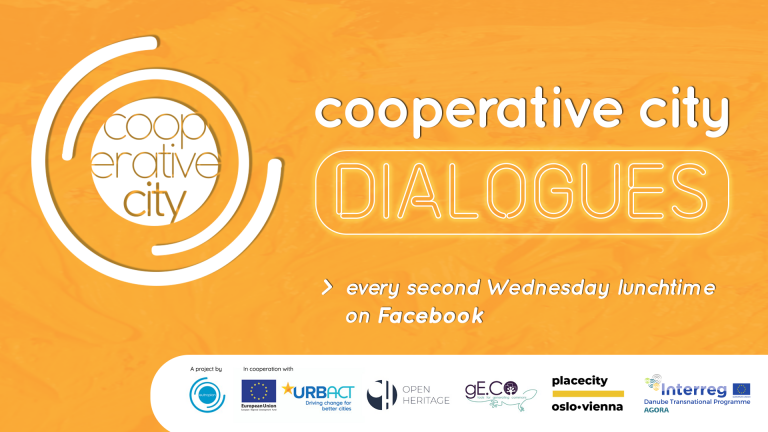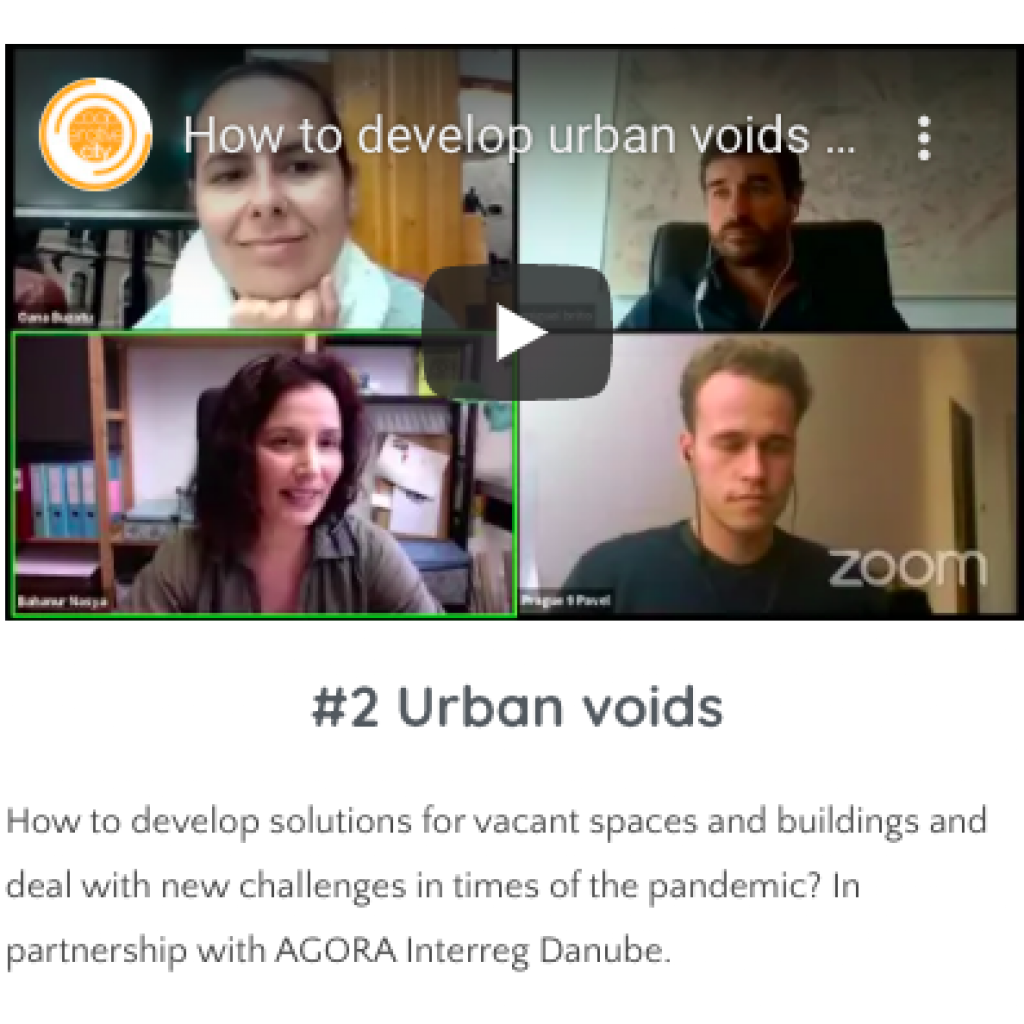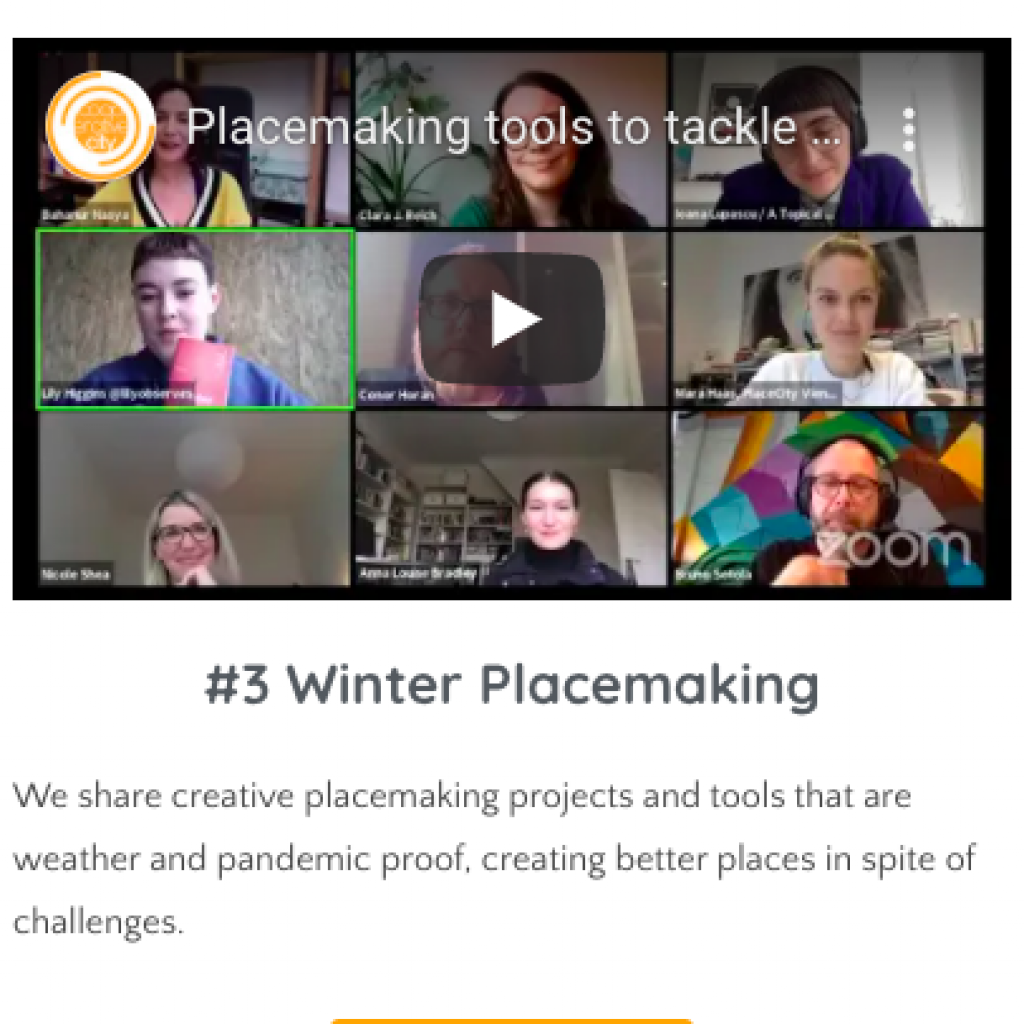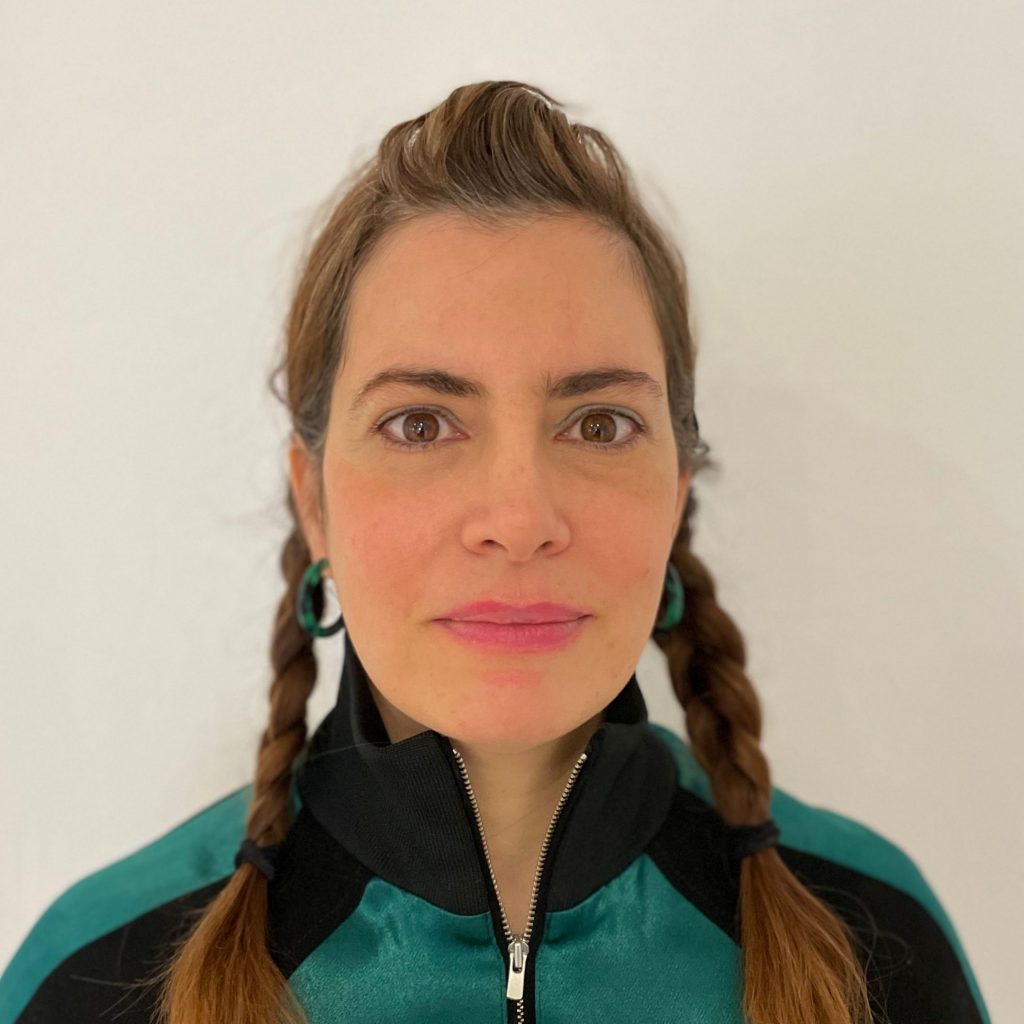Subscribe to our joint NEWSLETTER for
EUTROPIAN &
COOPERATIVE CITY MAGAZINE


The Cooperative City Magazine was our first and initial venture into researching and documenting inclusive urban processes; and as such, can be considered to be our flagship product.
The magazine has acted as a catalyst in positioning us as a bridge between the initiators and communities of such initiatives, the broader public, and the municipal institutions and instruments that support them.
It goes without saying that the contributions of numerous professionals from various backgrounds has made the magazine possible. Our experience and direct contact with urban protagonists has played a crucial role in moulding us as experts and consultants that keep the pulse of our cities and connect policy makers and government institutions with the needs and requirements of citizen initiatives.
Cooperative City Magazine publishes stories of collaborative urban development processes from across the European continent. Run by Eutropian, the magazine researches, collects and shares promising practices from European cities.
By focusing on the experiences of those who make, transform and enhance our cities, the magazine addresses their relationships, challenges and successes in contributing towards the creation of more inclusive and resilient cities.
Active in collecting stories of initiatives and grass-roots organisations through on-site visits and interviews for years, Cooperative City Magazine has become a leading online platform for the best practices in Europe featuring articles, videos, podcasts and webinars.
Our cities are complex systems: they are not exclusively produced by development agencies, municipal departments or planning institutions. Instead, they are created by a multiplicity of actors – formal and informal – from neighbourhood initiatives and citizen movements to private and public development projects, policy frameworks and international funding schemes. The Cooperative City Magazine highlights and examines this complex eco-system.
During the COVID-19 crisis the world felt a universal sense of despair and isolation. NGOs, the cultural and civic sectors, municipalities and volunteers struggled to respond and deliver their usual services to their audiences and beneficiaries. We identified a need for an independent grassroots platform, where ideas and promising practices can be shared, where concerns and suggestions can be addressed.
Our need and desire to establish a line of communication between various stakeholders and keep the discourse active resulted in the creation of the Cooperative City In Quarantine series: a weekly live broadcast that aired during the lock-down, aimed specifically in relaying positive stories and inspirational community-run initiatives in the face of the challenge of the pandemic.
The series was broadcast on the Cooperative City facebook page and continued to go live every week throughout the quarantine period, providing a much needed voice to social solidarity movements working on the ground and in local communities. A summary of every episode and access to the videos can be found on the Cooperative City webinars page.

During the first weeks of the lock down, we noticed there was little or no cross-border exchange on how to respond to the emerging crisis. We felt it incumbent upon us to launch a weekly series that could bring lots of people from different backgrounds and countries together to contribute to the discussion. Throughout the 14 weeks and episodes, we focused on a diverse range of topics: food, culture, tourism, mobility, labour, urban commons, education, refugees, public spaces, community venues. Our broadcasts struck a chord with audiences, reaching more than 65,000 viewers.

During the COVID-19 crisis, throughout Europe we have seen solidarity practices being developed by civic organisations, often in cooperation with the local authorities and businesses. These practices have proven to be, in many cases, essential welfare services to the marginalised members of our communities. Yet most of these initiatives have been started up or strengthened as a result of the current health emergency, mostly on a voluntary basis. Furthermore, we have seen that social purpose companies were more resilient in this crisis than simple for-profit companies. These are learning points for the planning of post-COVID-19 cooperative cities.
From the Quarantine discussions two main converging themes emerged:
Based on these two themes we co-developed a Manifesto that advocates Europe to support social and solidarity economy as an opportunity to ensure economic sustainability to all those people who are already in a condition or at high risk of poverty.

The Cooperative City in Quarantine webinar series came to en end but the demand for a webinar series covering the efforts of civic initiatives persisted. Time and time again, we were approached by experts, citizens, academics and community representatives to continue broadcasting and ensure a voice is given to social movements.
Following the pandemic and the current crisis heading our way as a result, we felt raising awareness and amplifying the fact that local initiatives are necessary and play a crucial role in assisting society when faced with crises was more important now than ever. We also wanted to follow up on the Manifesto and continue the work we had started.
That’s why we launched a new series titled “Cooperative City Dialogues”. Broadcast over our facebook page the series continues to tell the stories of our cities, neighbourhoods and how we take ownership of our spaces.



If you have a story you’d like us to cover, an initiative you believe deserves the spotlight or a collaboration to propose, please get in touch with project leader Sophie Bod.

| Cookie | Duration | Description |
|---|---|---|
| cookielawinfo-checkbox-analytics | 11 months | This cookie is set by GDPR Cookie Consent plugin. The cookie is used to store the user consent for the cookies in the category "Analytics". |
| cookielawinfo-checkbox-functional | 11 months | The cookie is set by GDPR cookie consent to record the user consent for the cookies in the category "Functional". |
| cookielawinfo-checkbox-necessary | 11 months | This cookie is set by GDPR Cookie Consent plugin. The cookies is used to store the user consent for the cookies in the category "Necessary". |
| cookielawinfo-checkbox-others | 11 months | This cookie is set by GDPR Cookie Consent plugin. The cookie is used to store the user consent for the cookies in the category "Other. |
| cookielawinfo-checkbox-performance | 11 months | This cookie is set by GDPR Cookie Consent plugin. The cookie is used to store the user consent for the cookies in the category "Performance". |
| viewed_cookie_policy | 11 months | The cookie is set by the GDPR Cookie Consent plugin and is used to store whether or not user has consented to the use of cookies. It does not store any personal data. |
